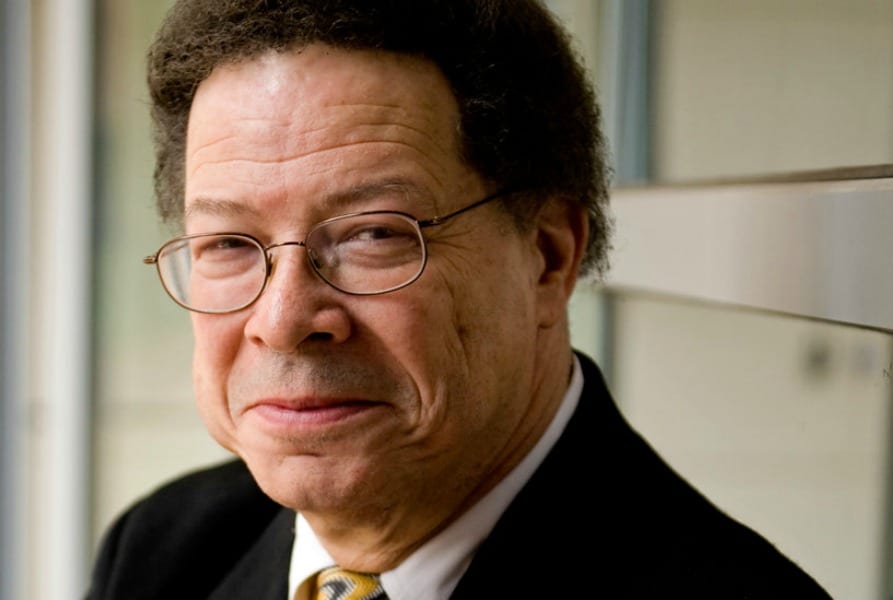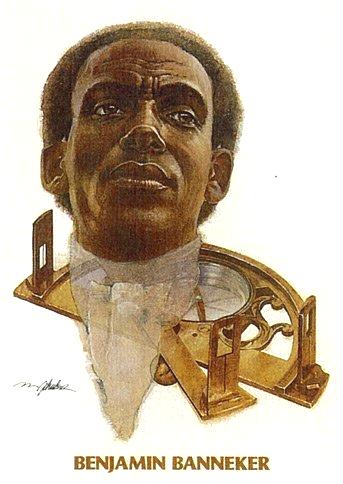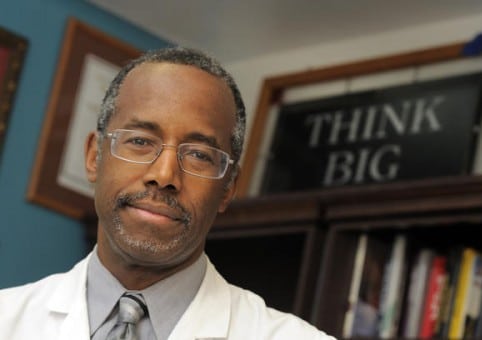It has been more than a week since Dr. Levi Watkins Jr. passed away due to complications from a stroke, but both the Black community and the medical community are still feeling the sorrow of a great loss and the wonders of the legacy he left behind.
While there are still serious disparities in the medical world, it isn’t nearly as unusual today to come across Black physicians as it used to be.
Watkins is one of the many iconic figures the Black community has to thank for that now.
Watkins was a man who seemed to effortlessly break down barriers and pack his 70 years of life with historical achievements.
In 1980, Watkins solidified his place in history as he became the first surgeon to implant an automatic heart defibrillator in a patient suffering from irregular heartbeats. It’s an accomplishment that continues to impact millions of people today.
“His spirit lives on in the 3 million patients around the world whose hearts beat in a normal rhythm because of the implantable defibrillator,” a statement by Watkins’ brother posted on the American Heart Associate website explains.
But Watkins ground-breaking achievements were never limited to the surgery room or the confines of an office.
Those who may not remember his legacy as a medical icon will certainly recall his work as an activist and civil rights pioneer.
“Watkins joined Johns Hopkins Hospital in 1970 after having graduated from the Vanderbilt University School of Medicine where he was the first African-American admitted to the school,” according to NBC News. “At Hopkins, he became the first African-American to serve as the chief resident in cardiac surgery.”
Watkins could have easily touted such accomplishments as proof that Black people can achieve anything if they simply pull up their bootstraps and try harder. Like some accomplished Black stars today, he could have deemed himself the “new Black” and insisted that his ability to break down seemingly indestructible barriers was evidence that there were no real racial disparities barring Black people from the medical field.
Unlike today’s stars, however, Watkins knew that simply wasn’t true.
He used his role as a medical pioneer and civil rights leader to drastically increase the number of Black students attending Johns Hopkins University’s medical school.
“In 1979, he joined the admissions committee at Johns Hopkins University’s Medical School,” an article chronicling the history of Black students at the school noted. “Thanks in large part to his efforts, by 1983, minority representation at the school had increased by 400 percent.”
The president of the Johns Hopkins Hospital and Health System and executive vice president of the Johns Hopkins Medicine, Ronald R. Peterson, gives Watkins credit for drastically influencing the overall culture at the hospital.
“It is inarguable that Levi’s impact on our hospital — on its culture, on its care — will endure, just as will our immense admiration for him and thanks for all that he did here,” Peterson said of Watkins in a press release.
It’s proof that even as Watkins has been laid to rest, the impact of his lifetime continues to thrive in the medical field.
A memorial service for Watkins has been scheduled for April 21 at Union Baptist Church in Baltimore.







